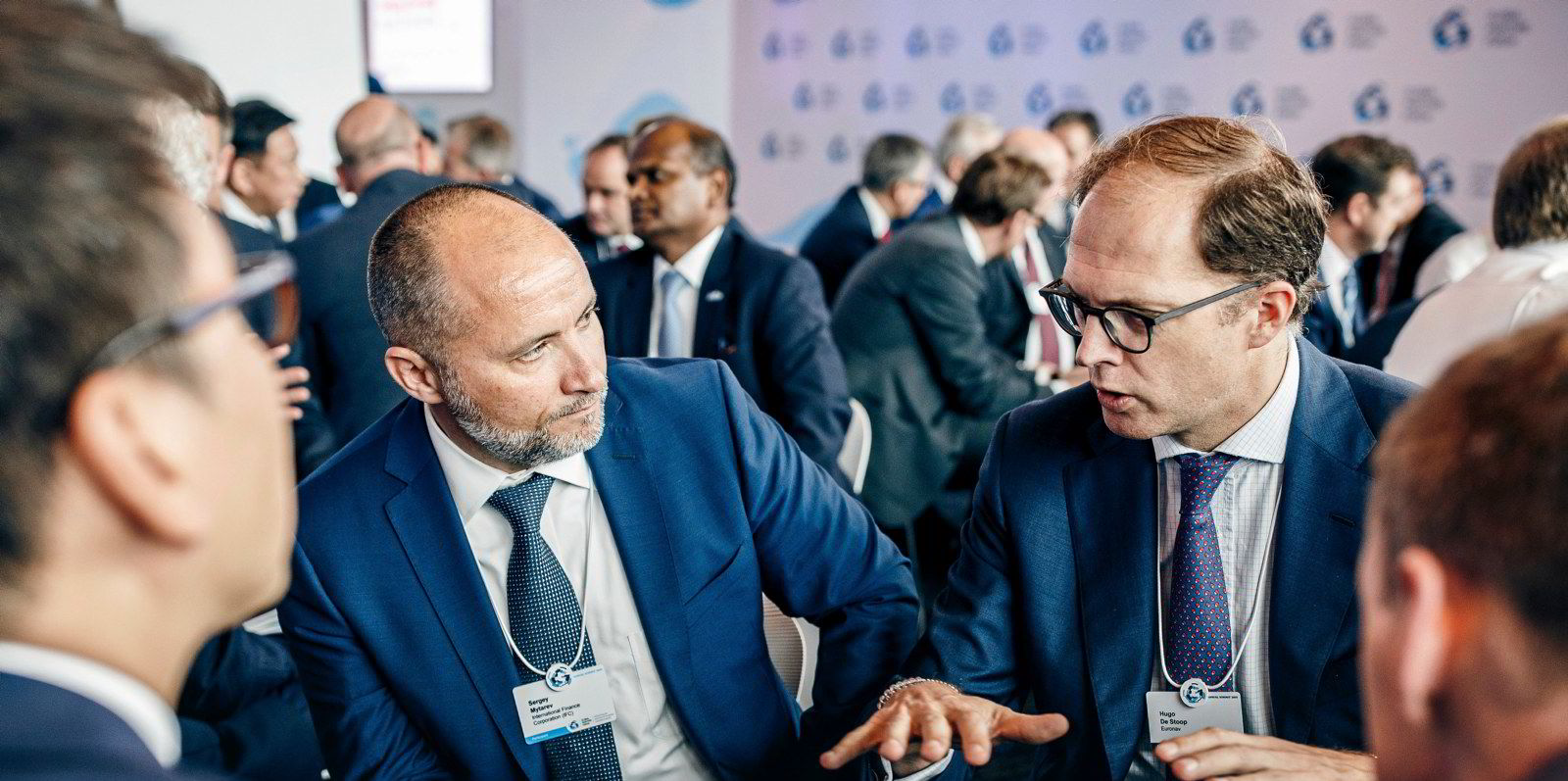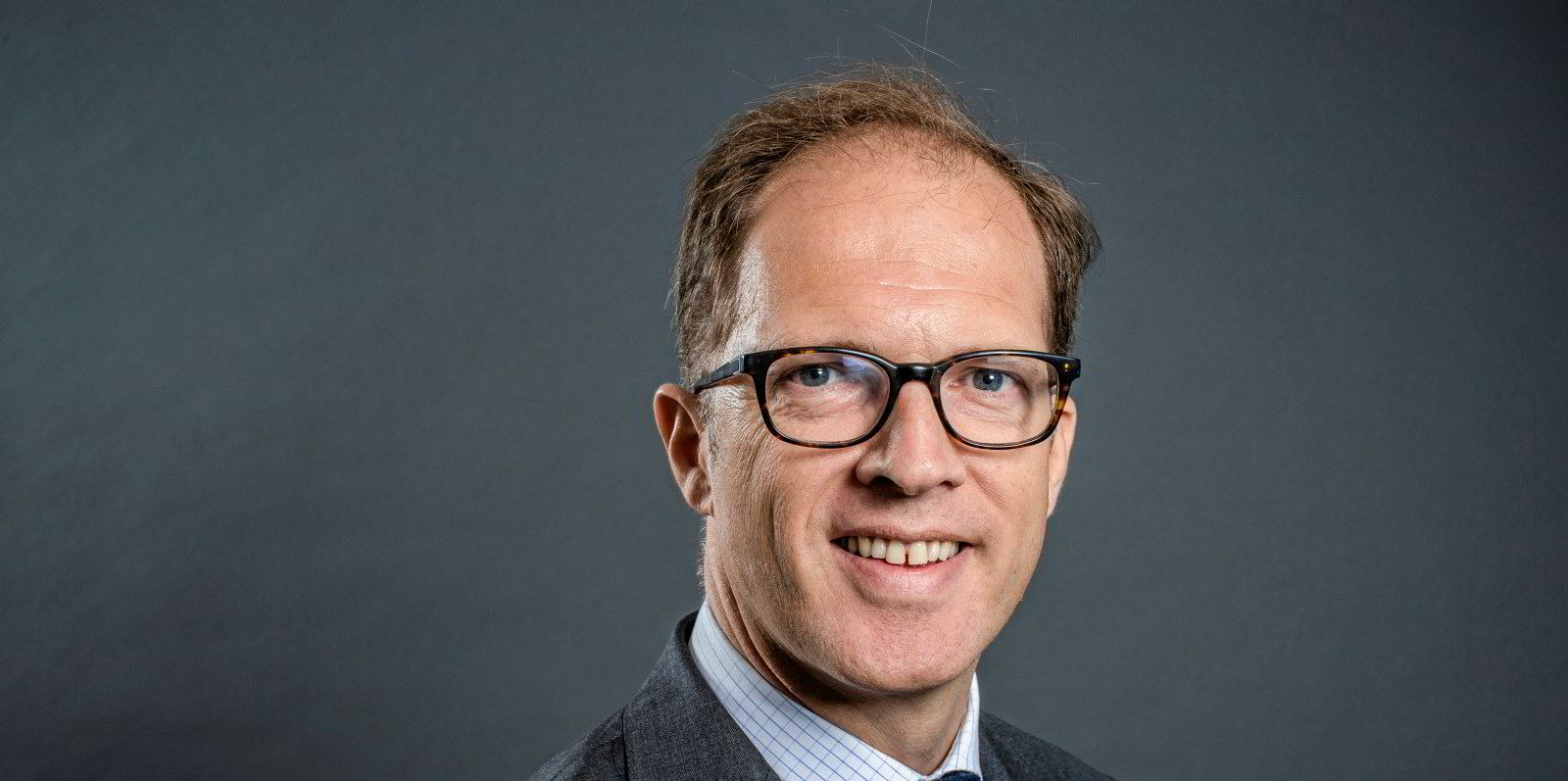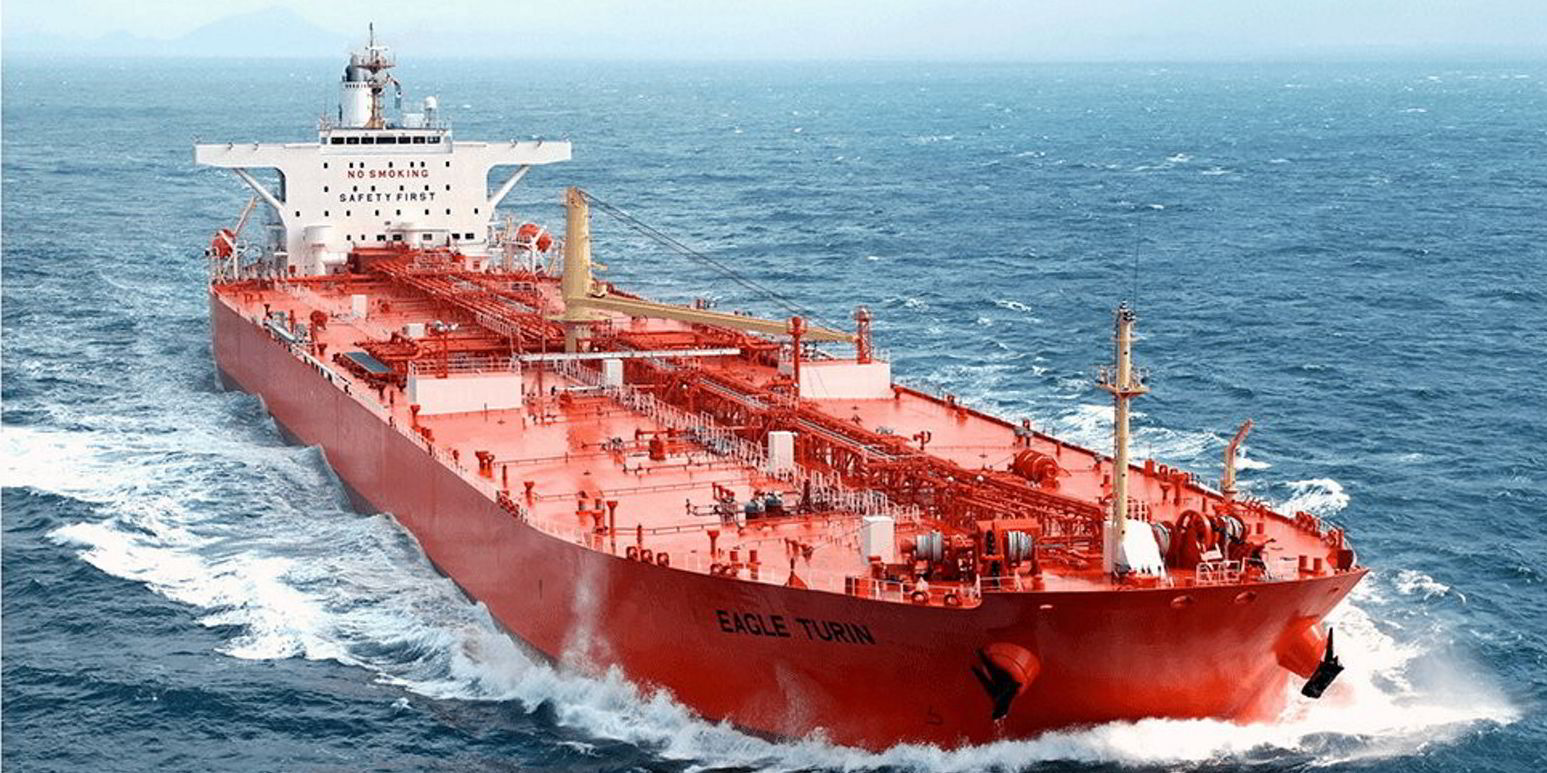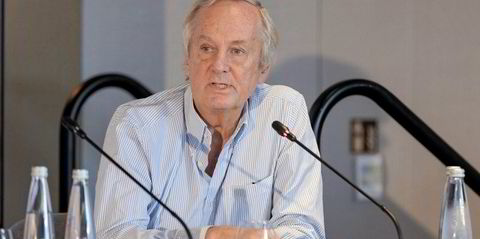Euronav chief executive Hugo De Stoop has admitted future plans for the tie-up between his company and John Fredriksen’s Frontline are unusual.
The two tanker giants will operate “as one” if a Frontline offer for Euronav shares reaches 50% plus one share.
But a full merger is not possible under Belgian rules unless 75% of the stock is tendered in the deal, planned for the fourth quarter.
And with largest shareholder the Saverys family opposing the deal with its 20.28% slice, this is far from straightforward.
De Stoop told a conference call with analysts that the situation is “a little bit peculiar”.
“And we are all aware that we have a major shareholder who is opposing the merger, so if not all the shares are presented at the time of the tender then one may suspect that we won’t reach the 75%,” he admitted.
But with the 50% target met, the two companies would act as one group, with Euronav remaining listed, the CEO explained.
“Obviously the more shares being swapped into this tender offer, the poorer the liquidity will be in Euronav,” De Stoop said.
Talking to institutional and retail shareholders, Euronav believes investors would prefer to be on the Frontline side of things.
This is because there will be even more shares and more volume than there is today, “and much more liquidity than we see in Euronav”, the CEO said.
One team will be in charge
One management team will be responsible for the group, he added.
The plan has been that De Stoop will take over as CEO.
“This is shipping, so you are managing your fleet as one fleet, you are managing your opex as one opex, you benefit from your synergies, you do your procurements,” the Belgian executive said.
As a result, De Stoop does not believe there is any big difference from a synergy perspective.
“The only difference may be on financing, but given that our financing is usually done by groups of ships, 10 or 15 together, it doesn’t really matter whether we are fully consolidated or not,” he argued.
The boss was also asked if the tender will remain open for shareholders to hand over their stock at a later date.
But De Stoop said the offer will not be open-ended, and will only be reopened if the companies decide to do so.
An open-ended tender would decrease the incentive of people to tender initially, the CEO believes.
“We want as many people to tender as possible, to get to the 50% or 75% as early as possible,” the CEO said.






